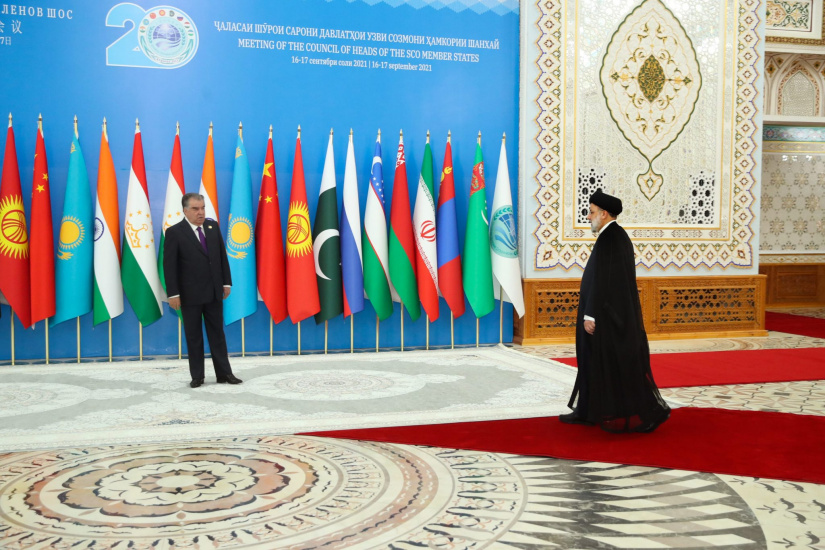Iran's Membership in Shanghai Cooperation Organization Sets the Stage for a New Era of Asian Cooperation

While China claims commitment to upholding international order and security, its growing power inevitably raises questions about its impact on the current order. However, China's collaborative efforts with West Asian nations like Iran and Saudi Arabia, particularly demonstrated by the Iran-Saudi Arabia agreement, provide a glimpse into the future of the Eastern order and the transformation occurring in Asia's West. This strategic alignment between China and West Asian countries, in a region historically influenced by Western powers, signals China's intent to expand its reach westward and aligns with Iran's "Look East Strategy," creating a distinctive form of Asian cooperation. Leveraging their civilizational capacities, the long-term outcomes of this collaboration between Iran and China are poised to reshape the geopolitical landscape in the coming years.
At the center of this transformative process is the Shanghai Cooperation Organization (SCO), a platform that plays a pivotal role in China's pursuit of expanding political and economic influence across various regions of the world. The SCO fosters an honorable order by uniting Asian countries and forging alliances, thereby providing a solid foundation for the new Asian order to extend its influence into Africa alongside its political partners in Asia. This has the potential to usher in a new era of "Afro-Eurasian" dynamics, ultimately challenging the dominance of the Atlantic order led by the United States.
Iran's official inclusion in the Shanghai Cooperation Organization represents a momentous event not only for Iran but also for the SCO itself. As one of the prominent countries in West Asia, Iran's membership promises to inaugurate a new chapter of Asian cooperation. Positioned as a crucial energy hub, Iran boasts rich energy resources and a geographical advantage that serves as a conduit linking Asia, Europe, and Africa. With fifteen neighboring countries and shared cultural and civilizational ties with nations like India and China, Iran's foreign policy under the 13th government emphasizes the significance of fostering neighborly relations. Leveraging its unique geographical, historical, and cultural assets, Iran has the potential to foster greater convergence among SCO member states. By facilitating geographical connections between SCO countries, Europe, and Africa, Iran can play a pivotal role in developing the discourse of "Asianism," thereby serving as a bridge between the East and West while actively restoring its historical influence through economic and political initiatives.
Anticipations are high that Saudi Arabia will soon gain entry into the Shanghai Cooperation Organization, solidifying Iran's role as a connecting hub within the SCO. This development would significantly contribute to strengthening the ties between various member countries, enabling Iran to harness the benefits of Asian connectivity by capitalizing on its diverse geographical, political, and cultural capacities. However, achieving these objectives requires the formulation of a specific strategy and a precise definition of Iran's role within the framework of the Shanghai Cooperation Organization. This comprehensive approach must be undertaken promptly, accompanied by a long-term plan to actualize Iran's political, geographical, and cultural potentials. Ultimately, this strategic move will bolster Iran's national, regional, and international power.
* Farshad Adel is a head of the Corridor Studies Department in Jahan-e Moaser Institute.

